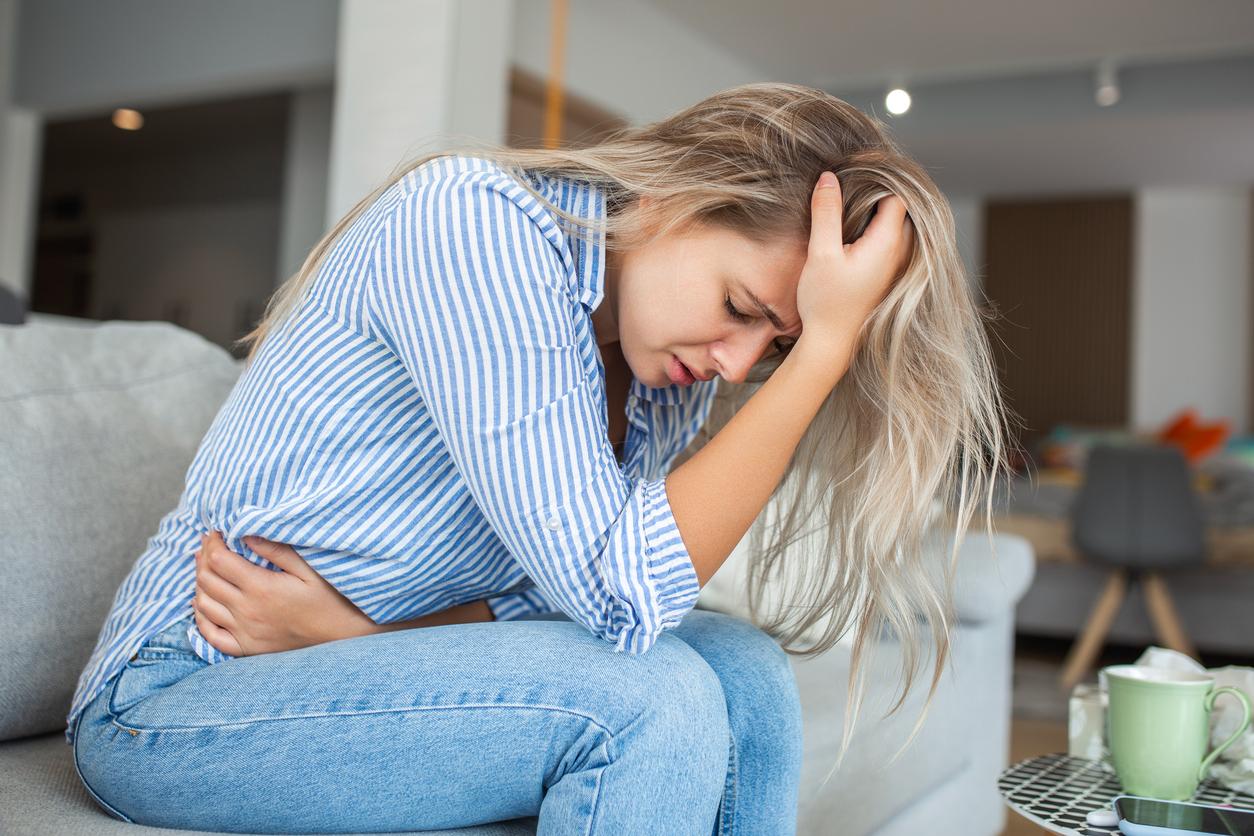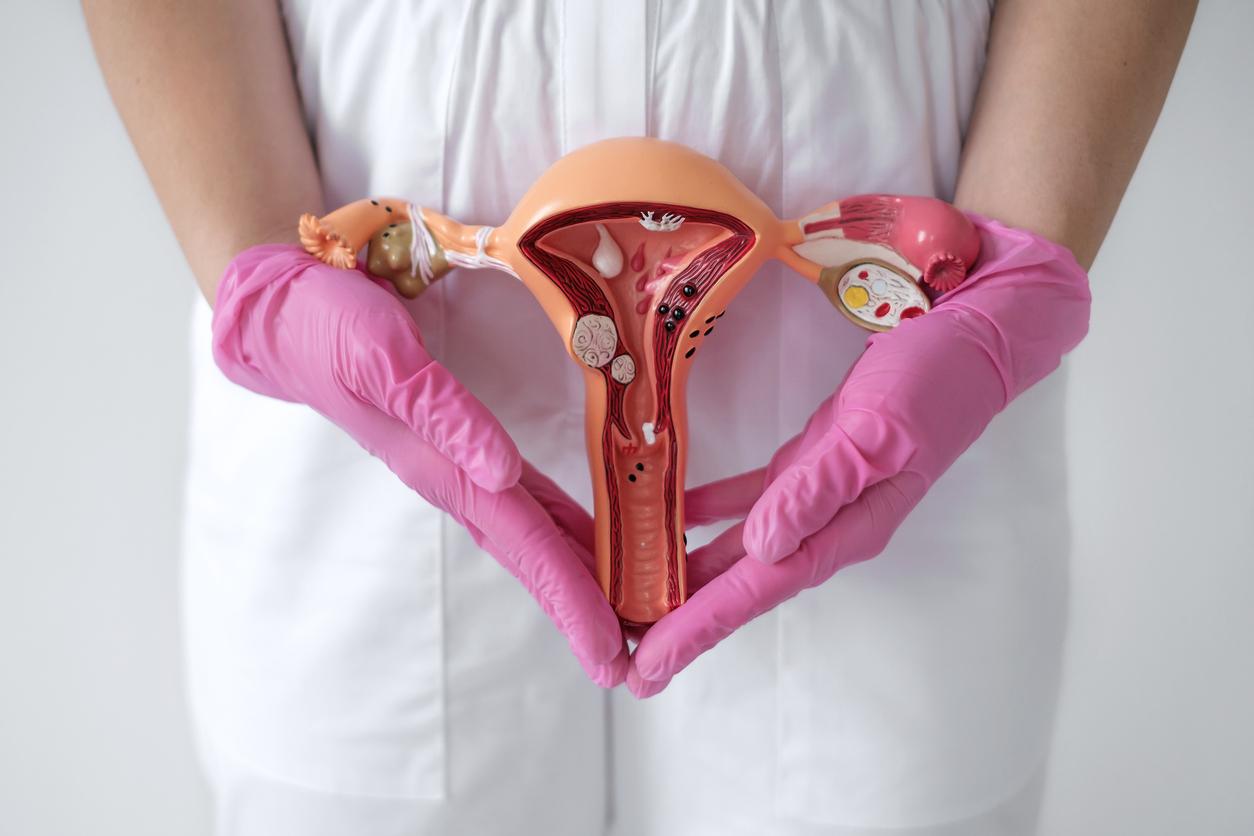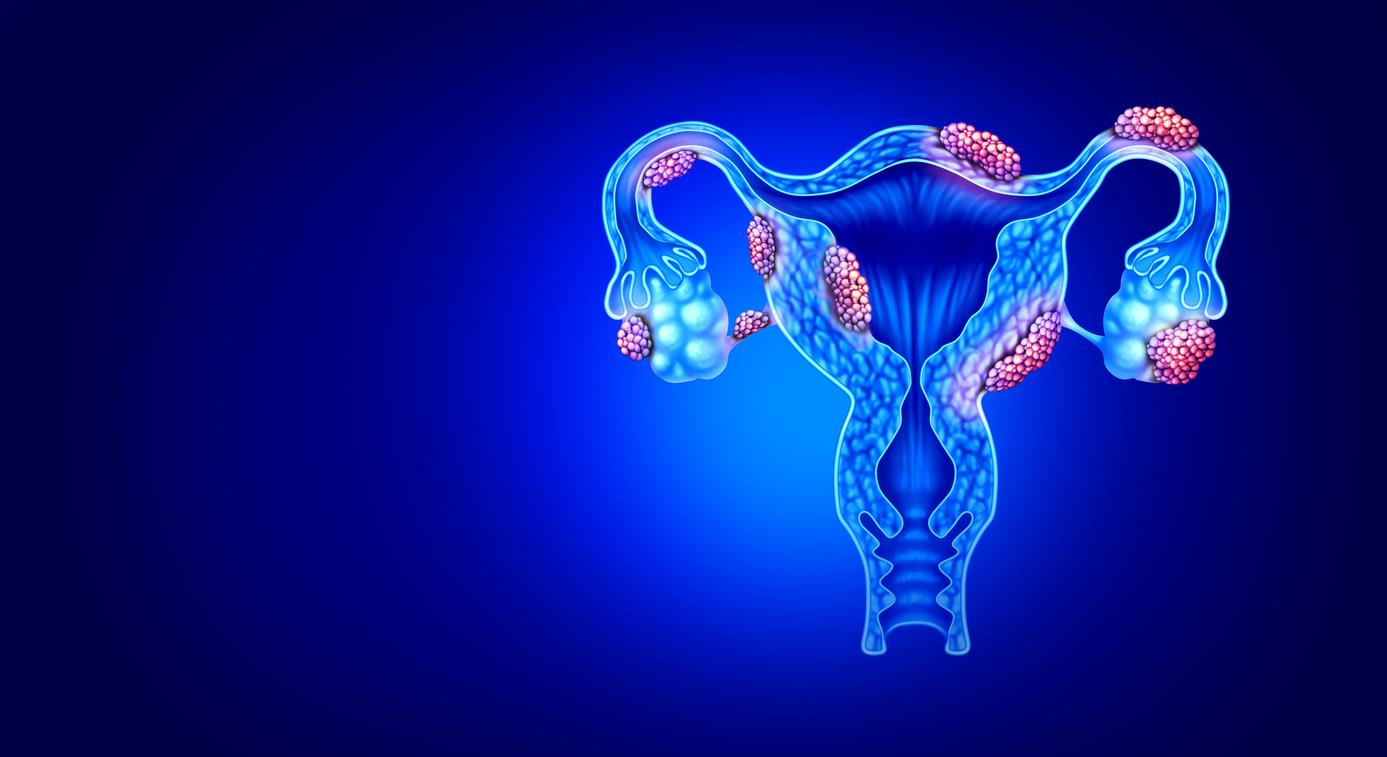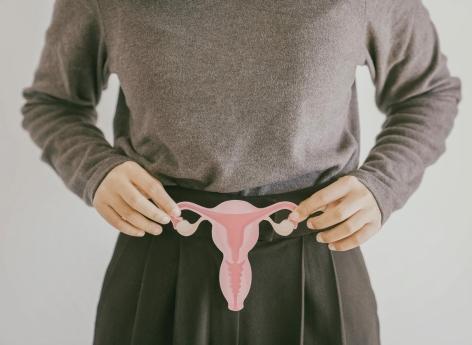The reasons that can explain irregular menstrual cycles are multiple: endometriosis, puberty, premenopause, uterine fibroids… Why Doctor reveals the ten most common.
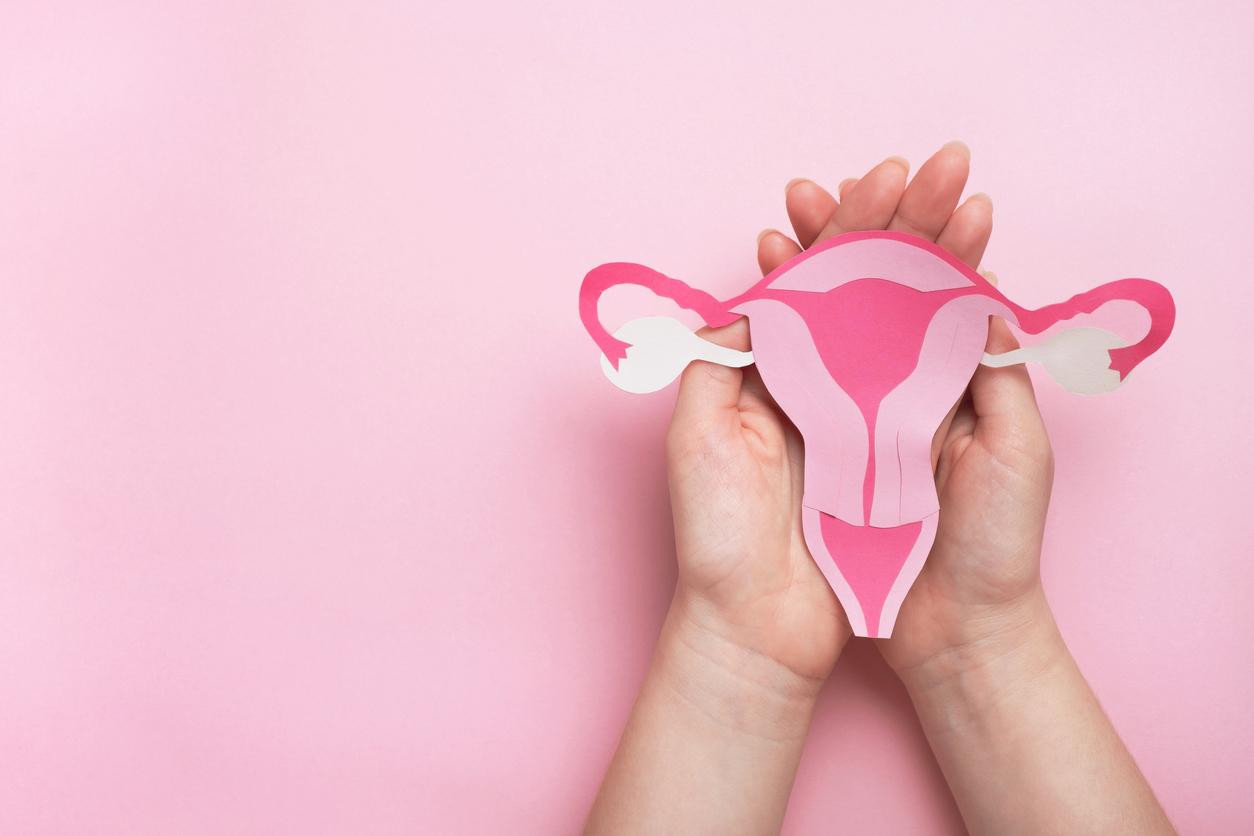
- There are many reasons for irregular menstrual cycles.
- It is important to consult a doctor to take stock of these disorders.
“The menstrual cycle is a cyclical activity of the endocrine function of the ovary which is manifested by the flow of blood for two to six days, occurring repeatedly every 28 days. That’s what your biology teacher told you in eighth grade. However, you’ve probably noticed that your periods vary from cycle to cycle, coming early or late and more or less heavy. There are many explanations for this phenomenon, from excessive physical activity to thyroid problems, including endometriosis or lack of sleep. Why Doctor takes stock of the top ten causes.
1. Puberty
For young girls who have just had their period, it is normal to have irregular cycles. With the dramatic fluctuations in hormone levels during puberty, teenage girls often have longer or shorter menstrual cycles. Sometimes a young girl’s menstrual cycle can take up to six years to regularize.
2. Excessive exercise
Yes, it is the truth. The combination of very physical exercise and low body fat can stress your body so much that it tells the brain to stop producing fertility hormones. Indeed, he will think that you are not able to feed a baby. But don’t worry, once you loosen up your pace a bit, everything is back to normal. However, if you do not have periods even after your physical activity has calmed down, talk to your gynecologist: you may be suffering fromamenorrhea (absence of term rules).
3. Sleep Disorders
When you mess up your internal clock, it affects reproductive hormones, which can alter ovulation and menstruation. A disturbed sleep pattern can also affect the production of melatonin, a hormone that plays a role in reproduction. So, if your schedules are off, remember to keep your bedroom curtains closed so as not to disturb your internal clock. The same observation is made for people who travel a lot. Jet lag can even stop your period. If this happens to you, see your doctor.
4. Overweight
When a woman is overweight, she produces too much estrogen, which sometimes results in irregular, heavy and very long periods (more than a week). It can also lead to a risk of endometriosis or even endometrial cancer, the lining of the lining of the uterus. If this is your case, talk to your doctor, who may prescribe an oral contraceptive to thin the endometrium and therefore reduce your risk of cancer.
5. Hormonal therapy
Thyroid medications, steroids or antipsychotics can disrupt hormone receptors because they release dopamine, the menstrual cycle is likely to be affected. If your cycles are irregular, consult your gynecologist who can advise you, with the agreement of the specialist concerned, to modify your treatment.
6. Premenopause
In the years leading up to menopause, female hormones begin to change. This period can be up to ten years. During this period, you may have irregular cycles: longer, shorter, no periods at all, or less bleeding. Hot flashes are also a very common symptom. But if you haven’t had your period for a year, then you’re in menopause.
7. Endometriosis
Endometriosis causes tissue resembling uterine tissue to grow in other parts of the body. This disorder can cause abdominal pain, cramping, painful intercourse, and irregular bleeding. These can be so great that the patient feels like she is starting a new cycle. If you have these symptoms, see your gynecologist who may order a pelvic MRI or laparoscopy (a medical test that looks inside your abdominal cavity, uterus, ovaries, and fallopian tubes) to diagnose the condition. sickness. If you have endometriosis, your gynecologist will recommend a suitable pill or the appropriate surgery, depending on the severity of the disease.
8. Micropolycystic ovaries
Abnormal intervals (between 6 weeks and 2.5 months between cycles) as well as excessive hair growth and acne are symptoms of micropolycystic ovaries, an increasingly common condition due to increased exposure to endocrine disruptors. Your gynecologist may order an endovaginal ultrasound (a probe inserted into the vagina) between days 3 and 5 of your cycle if you have a regular cycle and are not taking birth control pills. If you have been diagnosed with micropolycystic ovaries, your doctor may recommend that you lose weight if necessary, prescribe a special pill, or, if the cysts are really large, have surgery to remove them.
9. Thyroid problems
The thyroid plays a role in regulating hormones in the body. When she has a problem, that of course has an effect on your period. Both hyperthyroidism and hypothyroidism can lead to irregular cycles. If you are always cold, constipated, often tired, have heavy periods, pale skin, swollen face, slow heartbeat, and abnormal weight gain in a short time, you may have hypothyroidism. . Conversely, people with the inverse condition often feel very irritable, have unexplained weight loss, frequent feeling hot, puffy eyes, diarrhea, insomnia, or rapid heartbeat. If you think you have a thyroid problem, contact an endocrinologist who can prescribe an appropriate treatment.
10. Uterine fibroids
They are benign tumors that develop on the wall of the uterus due to genetic predispositions or hormonal changes. Fibroids cause bleeding as well as frequent and very heavy periods. If you have fibroids, you may experience pelvic pressure, frequent urination, lower back pain, and pain during sex. If you have these symptoms, consult your doctor who will prescribe a pelvic ultrasound or an MRI. If the fibroids are large, surgery may be performed.
Finally, in general, if you notice irregular periods, heavy bleeding or pelvic pain, do not hesitate to seek the advice of a doctor. In addition to the possible ailments listed above, too frequent and too heavy periods can lead to dangerous long-term anemia. Conversely, lack of ovulation can lead to fertility problems.










